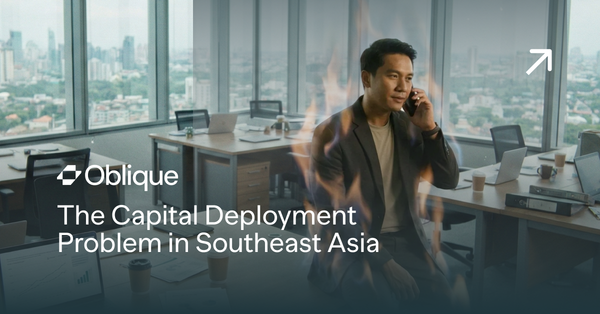BSP Forces E-Wallet Decoupling From Online Gambling: The Philippines Draws a Hard Line Against Digital Gambling
BSP’s e-wallet gambling controls signal regulatory maturity in ASEAN fintech. By requiring separate gambling accounts & ₱300M capital minimums rather than blanket bans, Philippines creates template for balancing innovation with social harm prevention.

The Bangko Sentral ng Pilipinas (BSP) has introduced sweeping regulations that will fundamentally restructure how Filipino fintech companies handle online gambling payments. The new framework mandates that e-wallet providers like GCash and Maya obtain explicit BSP authorization before facilitating gambling transactions, requires the creation of separate gambling transaction accounts with daily limits capped at 20% of users’ average balances, and prohibits direct links between payment platforms and gambling websites. Major fintech companies have pledged compliance through the FinTech Alliance Philippines, while the BSP grants a six-month implementation period—with immediate cessation required for non-compliant providers.
A Template for Regional Digital Finance Governance
This regulatory intervention represents the most comprehensive approach to digital gambling controls in Southeast Asia and signals a fundamental shift in how central banks view their role in social harm prevention. Unlike blanket bans that drive activity underground, the BSP’s framework creates a regulated pathway while imposing meaningful friction on gambling access—a nuanced approach that could become the regional template.
The move comes as online gambling addiction has reached crisis levels in the Philippines, with Cardinal Pablo Virgilio David warning that digital platforms have put “a casino in the living room, in the bedroom, in a child’s pocket”. The FinTech Alliance Philippines, representing over 90% of digital transaction volume, has committed to full compliance, indicating industry acceptance of tighter oversight.
What makes this particularly significant for the broader Southeast Asian tech ecosystem is the BSP’s explicit acknowledgment that financial regulators must address social harm, not just monetary stability. By requiring ₱300 million minimum capitalization for gambling payment facilitators and implementing biometric verification systems, the BSP is effectively creating a high-compliance, high-capital environment that will consolidate the market around major players.
For regional fintech companies and VCs, this precedent suggests that social responsibility will increasingly become a regulatory requirement rather than a marketing tool. The Philippines’ approach of maintaining innovation space while imposing meaningful guardrails offers a roadmap for other ASEAN markets grappling with similar digital gambling proliferation issues





